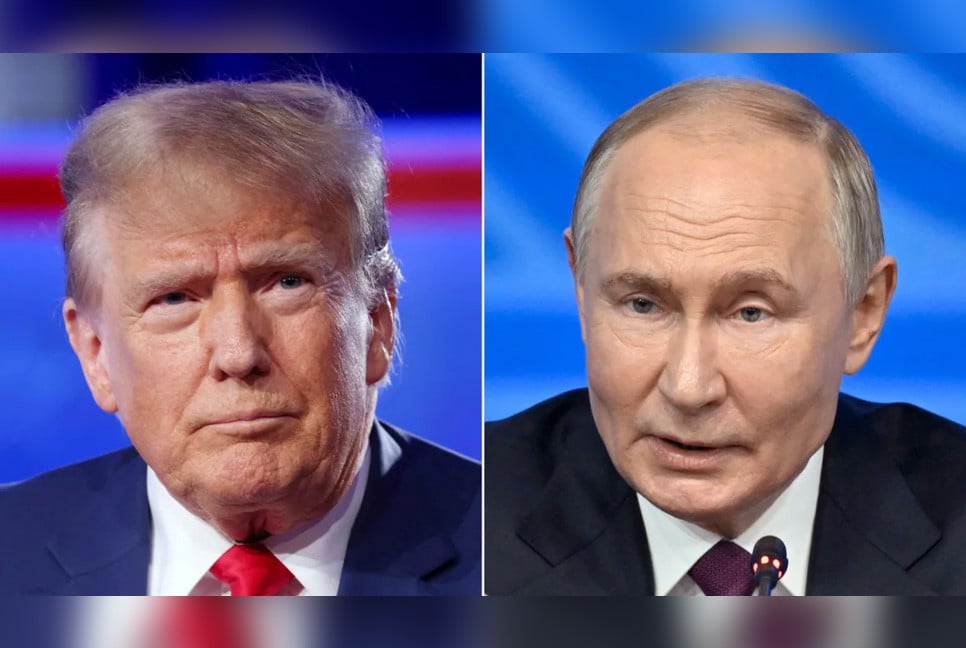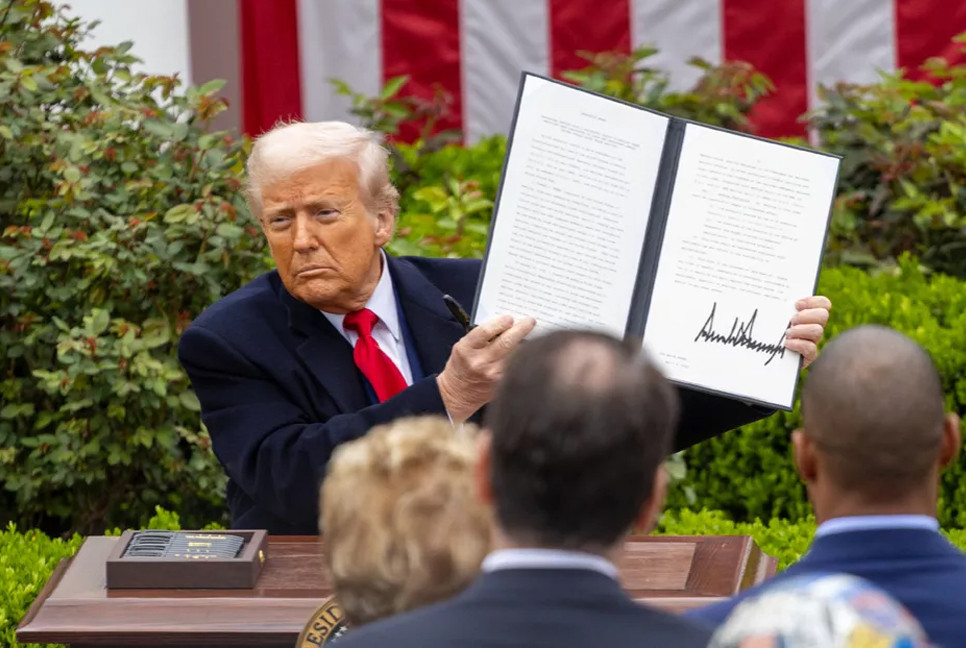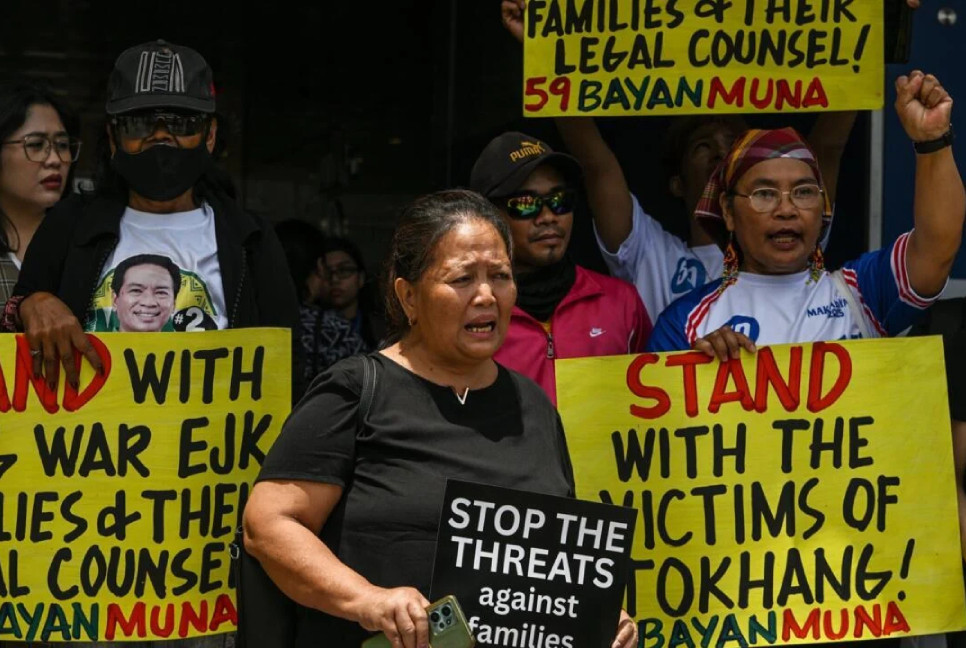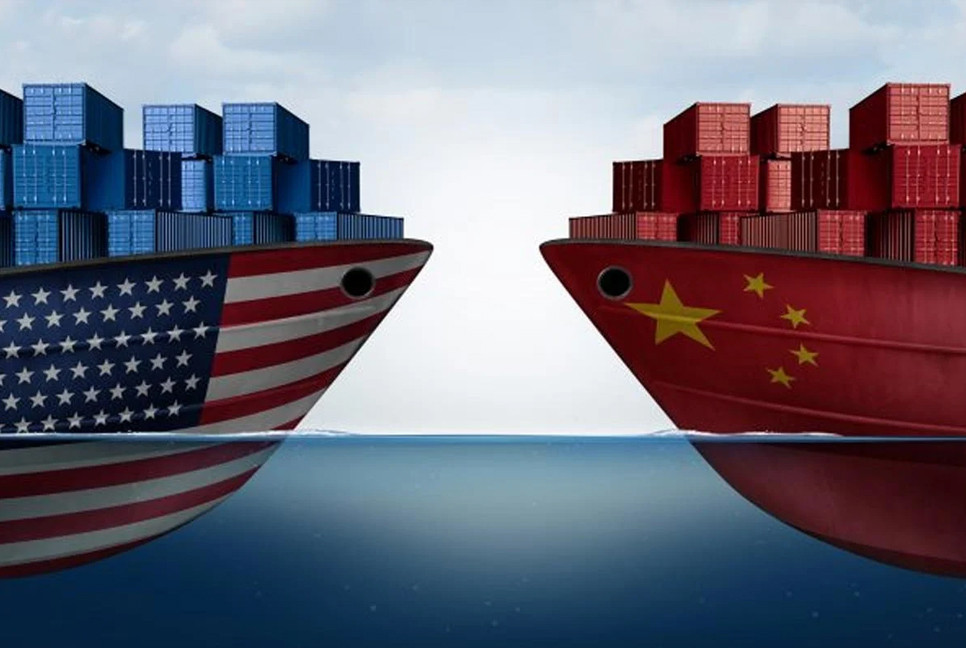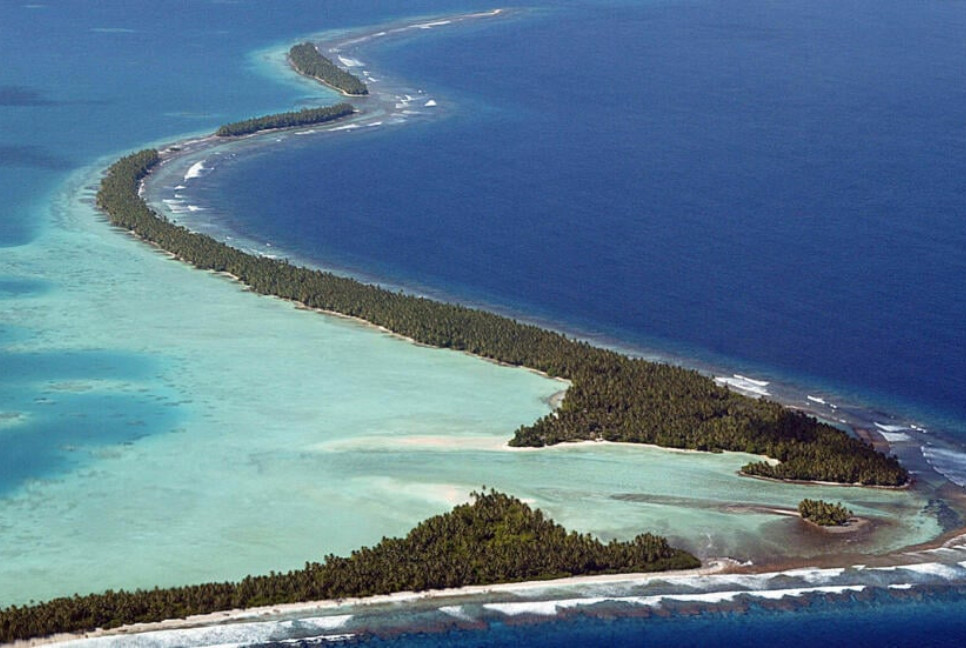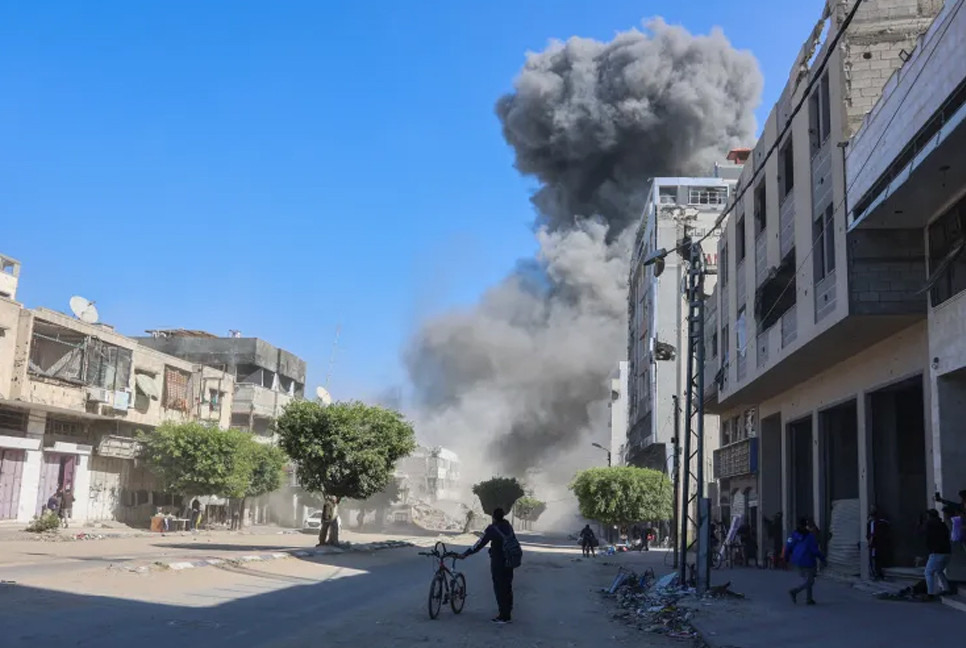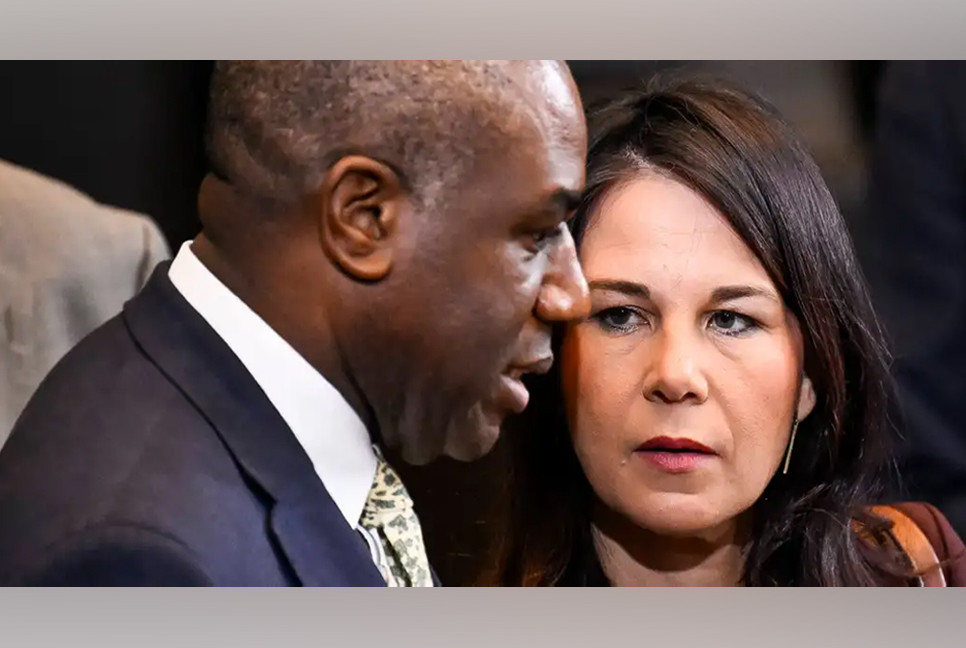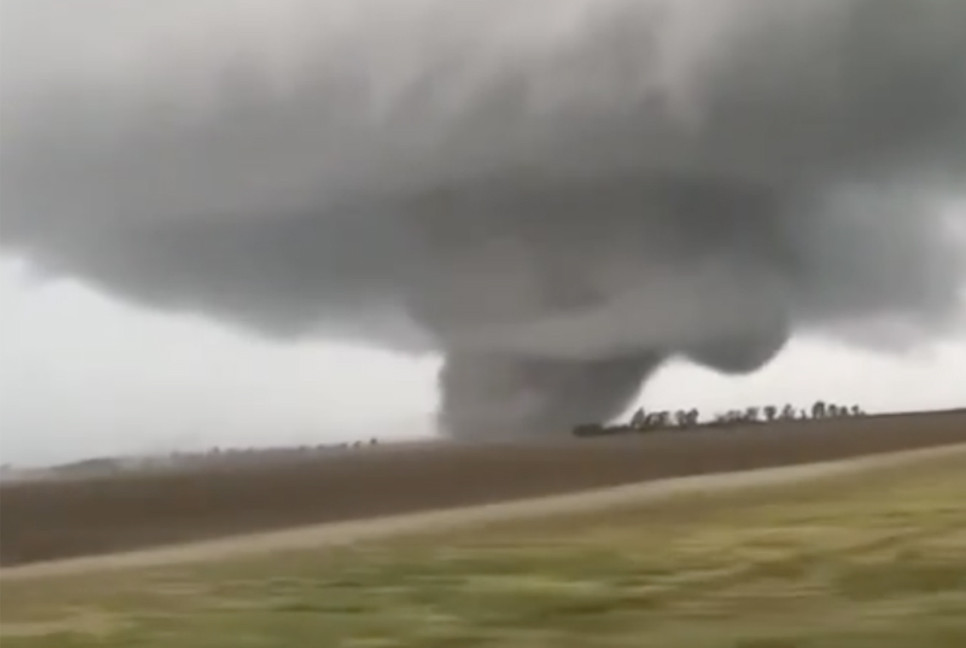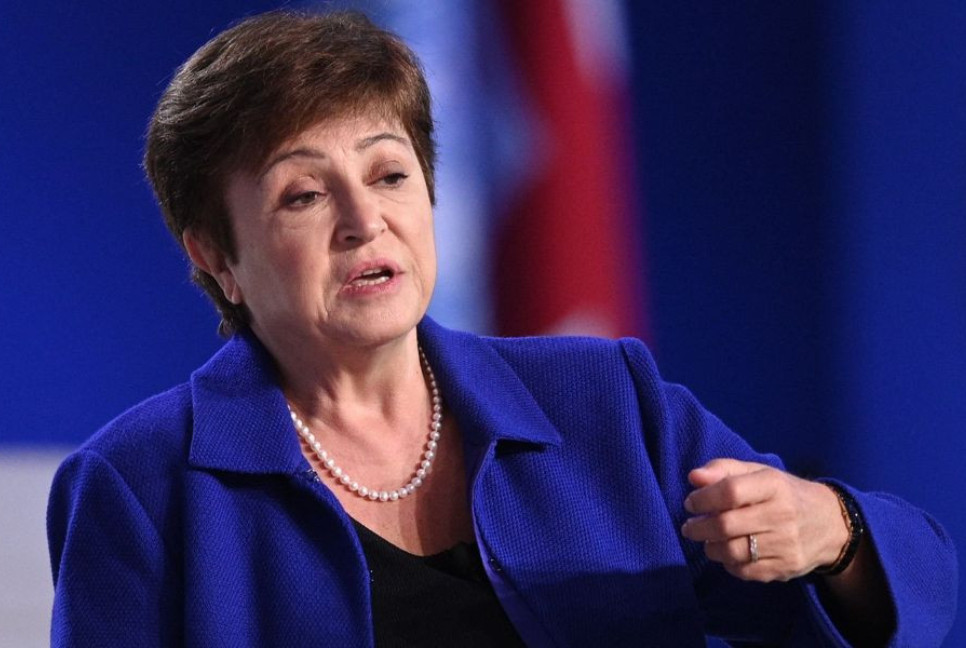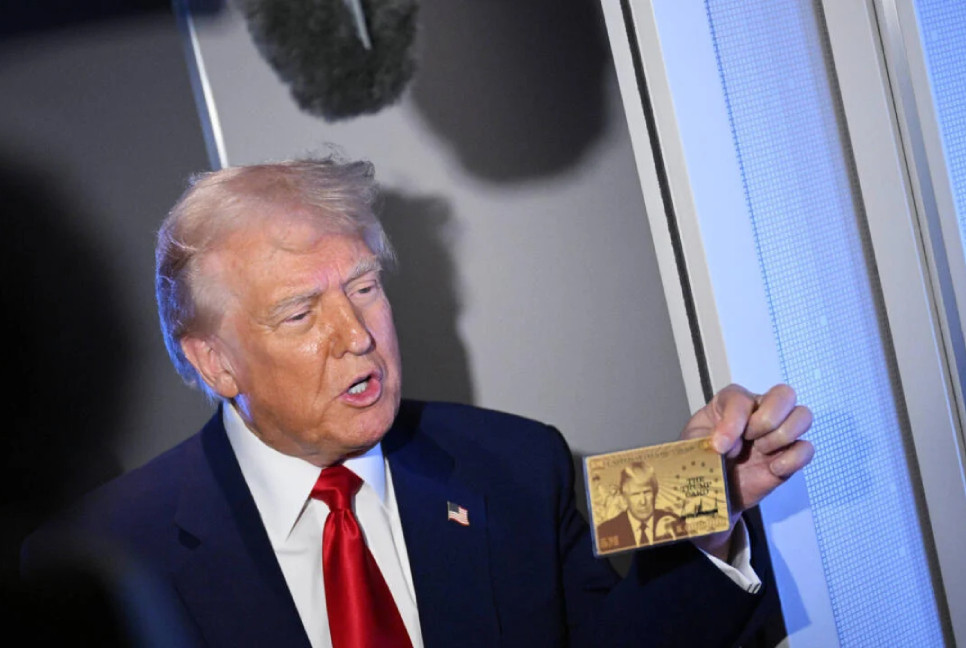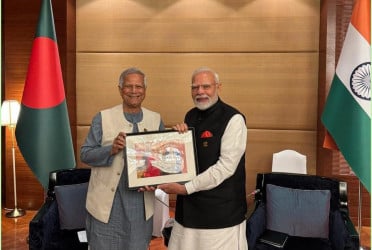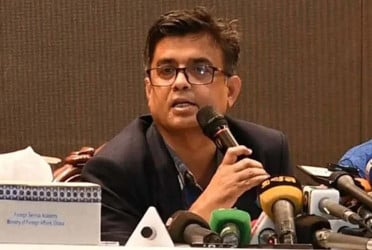Analyzing the incidents that took place after Donald Trump reclaims the oval office; a CNN analyst predicts an end to the United States and Europe ties.
The analyst Stephen Collinson is a senior reporter at the media. According to him, “Trump’s stance reflects his “America First” ideology, viewing alliances in financial terms and rejecting establishment foreign policy advisors.”
“While US secretary of defense Hegseth reaffirmed NATO, a shift is clear. US interventions shaped Europe’s security, but Trump questions defending allies who underfund defense, echoing Churchill’s 1940 query on America’s role in rescuing the ‘Old World’. Reviving a long-standing skepticism of foreign entanglements, he remarked, ‘We have a little thing called an ocean in between’,” analyst Collinson continued.
Hegseth’s blunt message
Trump’s second term is set to demand more from Europe, forcing tough choices for governments prioritizing social spending over defense. NATO Secretary General Mark Rutte warned last month that Europe must boost military funding: “If you don’t do it, get your Russian language courses or go to New Zealand.”
Still, Hegseth’s remarks were striking. He formalized Trump’s demand that NATO allies spend 5% of GDP on defense and emphasized prioritizing China and U.S. border security over Europe. “The United States will no longer tolerate an imbalanced relationship which encourages dependency,” said the Pentagon chief, sporting a stars-and-stripes pocket square.
This approach isn’t Trump’s far-fetched Gaza “Riviera” idea—it’s a calculated response to shifting global dynamics. The generation that fought World War II is gone, Cold War memories are fading, and America’s main rival is now in Asia. Trump’s question is fair: Why hasn’t Europe taken full responsibility for its defense 80 years after World War II?
Successive leaders failed to modernize NATO, leaving it vulnerable to Trump’s transactional, nationalist approach. Secretary of State Marco Rubio echoed this sentiment, arguing the U.S. should be Europe’s “back stop,” not its frontline defense. He criticized European nations for underfunding security while maintaining generous welfare programs, asking, “We’re subsidizing that?”
Trump’s foreign policy dismisses multilateralism, favoring strongman diplomacy. His praise for Putin and Xi suggests he sees them as worthy counterparts in a world shifting from alliances to raw power politics. “This isn’t a new era of transatlantic relations,” said Nicholas Dungan of CogitoPraxis. “It’s a new era of big-power rivalry replacing the old liberal international order.”
US message on Ukraine that europe didn’t want to hear
The first test of the new US-Europe dynamic will be Ukraine. Trump announced peace talks with Putin—excluding Zelensky—raising fears of a deal favoring Russia. When asked if Ukraine would be an equal partner, Trump hesitated, suggesting the war was avoidable, echoing Putin’s narrative.
Hegseth reinforced the US stance in line with Trump’s voice. The analyst quotes the defense secretary as saying that Ukraine won’t regain pre-2014 borders, won’t join NATO, and US troops won’t be involved in peacekeeping. Any force would be non-NATO, ensuring no US military commitment. While Biden also hesitated on Ukraine’s NATO path, Wednesday was Putin’s best day since the invasion, as key Ukrainian goals were swept away.
Hegseth called it realism, and Ukraine’s failure to reclaim territory despite Western aid backs his point. But by conceding these issues upfront, Trump weakened Ukraine’s leverage and signaled acceptance of Russia’s territorial gains—aligning with his belief in great-power expansionism. Rewarding Putin would set a dangerous precedent.
Cutting out Zelensky and Europe
Trump’s call with Putin and plans for a Saudi summit hints that Europe may also be sidelined. In response, European leaders insisted Ukraine and Europe must be part of any negotiations, warning that lasting peace is key to transatlantic security.
Former Swedish PM Carl Bildt likened Trump’s approach to the 1938 Munich Agreement, where major powers bargained away smaller nations. “For Europeans, this sounds like Munich,” he told CNN, warning of a deal over Ukraine’s head.
Trump’s exact plan is unclear, and Kyiv’s agreement isn’t guaranteed. While Russia’s battlefield gains give Putin leverage, Trump seems eager for a quick deal—possibly to cement his legacy. Behind closed doors, a partition-like solution has been discussed for months. Ukraine may end up divided, with Russian-occupied areas permanently frozen under Moscow’s control while the rest moves toward the EU but stays out of NATO.
Such an outcome would be a bitter irony: Putin, who once lamented the fall of the Soviet Union, could now create a new East Germany—with U.S. help.
Bd-Pratidin English/ AM

